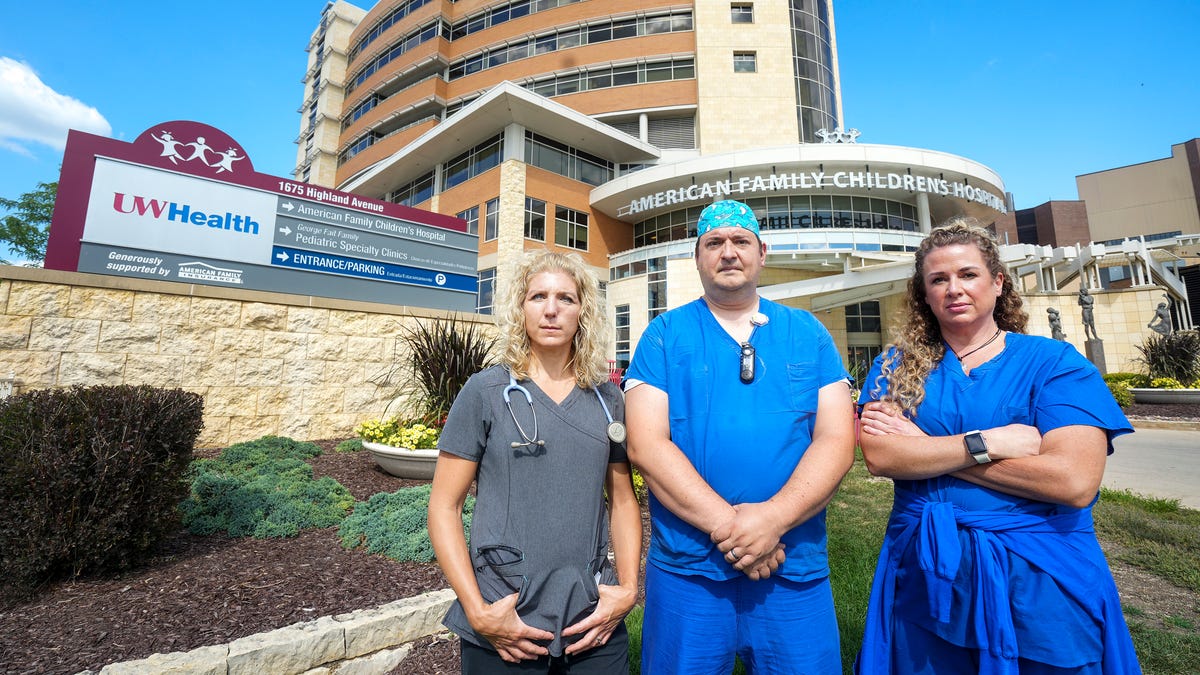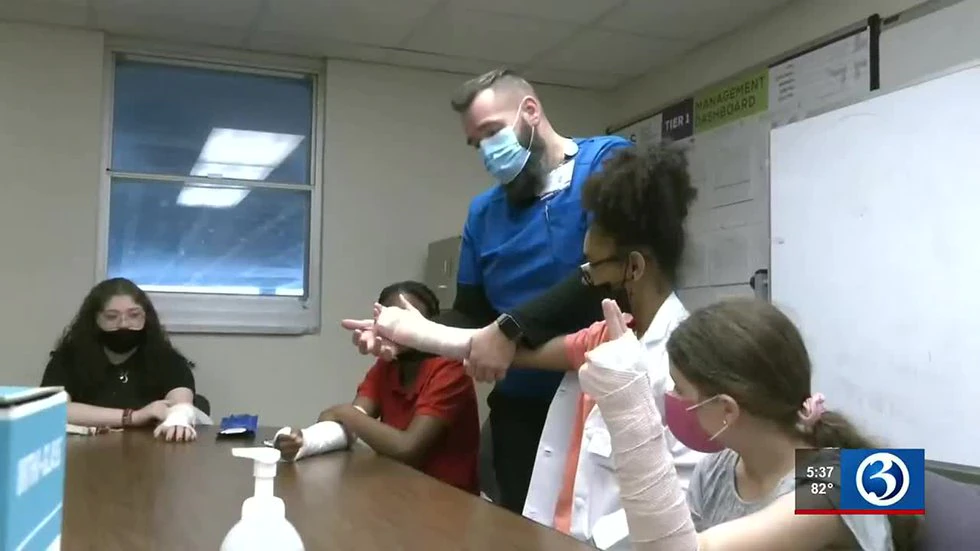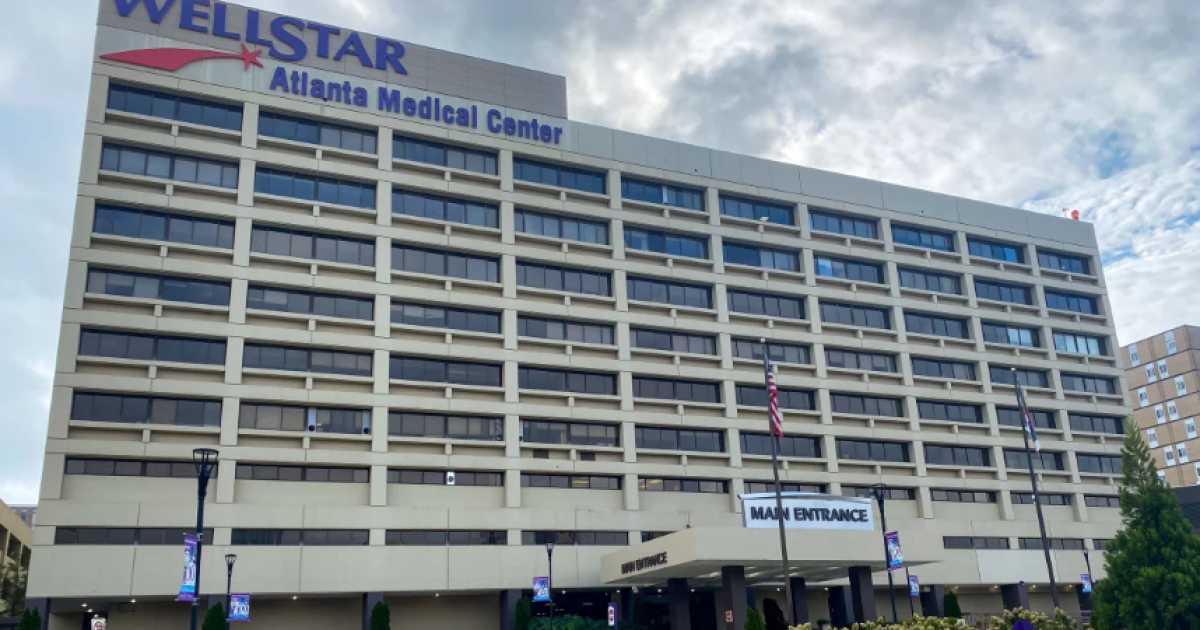[ad_1]
MADISON – Hundreds of nurses with UW Health voted Wednesday to hold a three-day strike in September if hospital administrators do not recognize their union, an escalation in a yearslong fight to regain bargaining rights.
The vote, taken over two separate Zoom calls that ended at 9 p.m., sets the clock ticking for the UW Health Board and administrators to meet with nurses and agree to again negotiate with their union, SEIU Healthcare Wisconsin. If they don’t, the hospital system could see nurses participating in a strike from 7 a.m. Sept. 13 until 7 a.m. Sept. 16.
Zach Sielaff, 39, has worked for nine months as a pediatric operating room nurse at American Family Children’s Hospital in Madison. He was among the 99% of nurses who voted to move forward with the strike.
“We are ready to take this step and strike because the hospital hasn’t left us any other options,” Sielaff said. “We are giving the hospital notice and patients in the long term will get better care than they are getting now.”
University of Wisconsin Hospital and Clinic Authority, the formal name for the health care system, includes several clinics in the greater Madison area, as well as UW Health (hospital), Madison East Hospital and the American Family Children’s Hospital. The system is among the best in Wisconsin. It employs 3,400 nurses, with the union estimated to include 2,600 nurses.
Nurses interviewed by USA TODAY NETWORK-Wisconsin said they are leaving the door open for dialogue with top management.
If management does not recognize the union, the nurses will provide a 10-day notice to UW Health so administrators can make preparations to ensure patient safety, as is required by federal labor law.
The vote comes during a nationwide nursing shortage — a shortage the Wisconsin Hospital Association said in a March report had reached “a tipping point,” a reality exacerbated in Wisconsin by long delays at the state’s licensing agency.
As the COVID-19 pandemic drags into its third year, the shortages have contributed to burnout and concerns among nurses over increasingly higher staff-to-patient ratios. Nurses across the country, including earlier this month in Minnesota, are threatening to strike if working conditions do not improve.
Prior to Wednesday’s vote, more than 1,500 UW Health nurses signaled their support for a union by signing an online form — first in 2019 and again this year.
Wisconsin hospitals with SEIU Healthcare Wisconsin nurses’ unions include Meriter Hospital in Madison, Aspirus Riverview in Wisconsin Rapids, Gundersen Health in La Crosse and ThedaCare in Appleton. Those nurses would not be participating in the strike, as their unions are recognized by their employers.
The vote for union recognition has been brewing since 2011 when the state Legislature, under the direction of former Republican Gov. Scott Walker, passed Act 10. Under that state law, UW Health was removed from the state’s Labor Peace Act, which required UW Health to recognize employee unions and collectively bargain with them.
When Walker was defeated by Democratic Gov. Tony Evers in 2018, the push to find clarity on the ability to unionize intensified.
In the opinion of the nurses, that clarity came on June 2 when Wisconsin Attorney General Josh Kaul — at Evers’ request after he met virtually with more than 400 nurses — issued a formal opinion that stated University of Wisconsin Hospitals and Clinics Authority can choose to voluntarily engage in the collective bargaining process with its nurses, but it is not required to do so.
And that is the legal rub now standing between the nurses and the hospital’s top administrators.
Prior to Kaul’s opinion, UW Health CEO Dr. Alan Kaplan cited other legal opinions in a December 2021 letter to staff, writing “no further action can be taken (in terms of recognizing a nurses union) until current state laws are changed.”
Shari Signer has worked for UW Health for 19 years.
Unlike Sielaff and other nurses hired after 2014, she knows what is was like to work at UW Hospital before nurses lost their union and collective bargaining rights when their contract expired in 2014, due to Act 10.
“I am standing up for my patients,” she said when asked why a strike was necessary. “And I am looking out for my younger colleagues who don’t know what it is like to work at a great hospital, like UW used to be.”
Colin Gillis went to work at UW Hospital after graduating from UW-Madison’s School of Nursing in 2017. Employed by the UW for five years, he works the overnight shift as a charge nurse on a unit where nurses have been caring for COVID-19 patients since the start of the pandemic.
Gillis said the first time he took care of a COVID-19 patient, he and other nurses were wearing N-95 masks, the respirator masks that provide the highest level of protection against the airborne virus. Gillis said the nurses were taking a new mask into every patient’s room and discarding it as they walked out.
By the second month of the pandemic, nurses were allowed to use only surgical masks, he said. He said nurses were told the switch had to be made back to surgical masks in order “to ration N-95s,” which were in high demand and scarce supply at that time.
“Those masks afford some protection, but they don’t afford the best protection,” Gillis said. “We knew that and administrators knew that.”
Nurses said they received word earlier this week that those who participated in the strike and did not show up for their shifts would be treated as a “no-call, no-show.”
“It is outrageous that the hospital is threatening to discipline us and possibly fire us for exercising our legal right to strike,” Gillis said. “It is unforgivable.”
This story is developing and will be updated.
Jessica Van Egeren is a watchdog and social justice editor with USA TODAY NETWORK-Wisconsin. Contact her at jvanegeren@gannett.com or 920-213-5695.
[ad_2]
Source link


